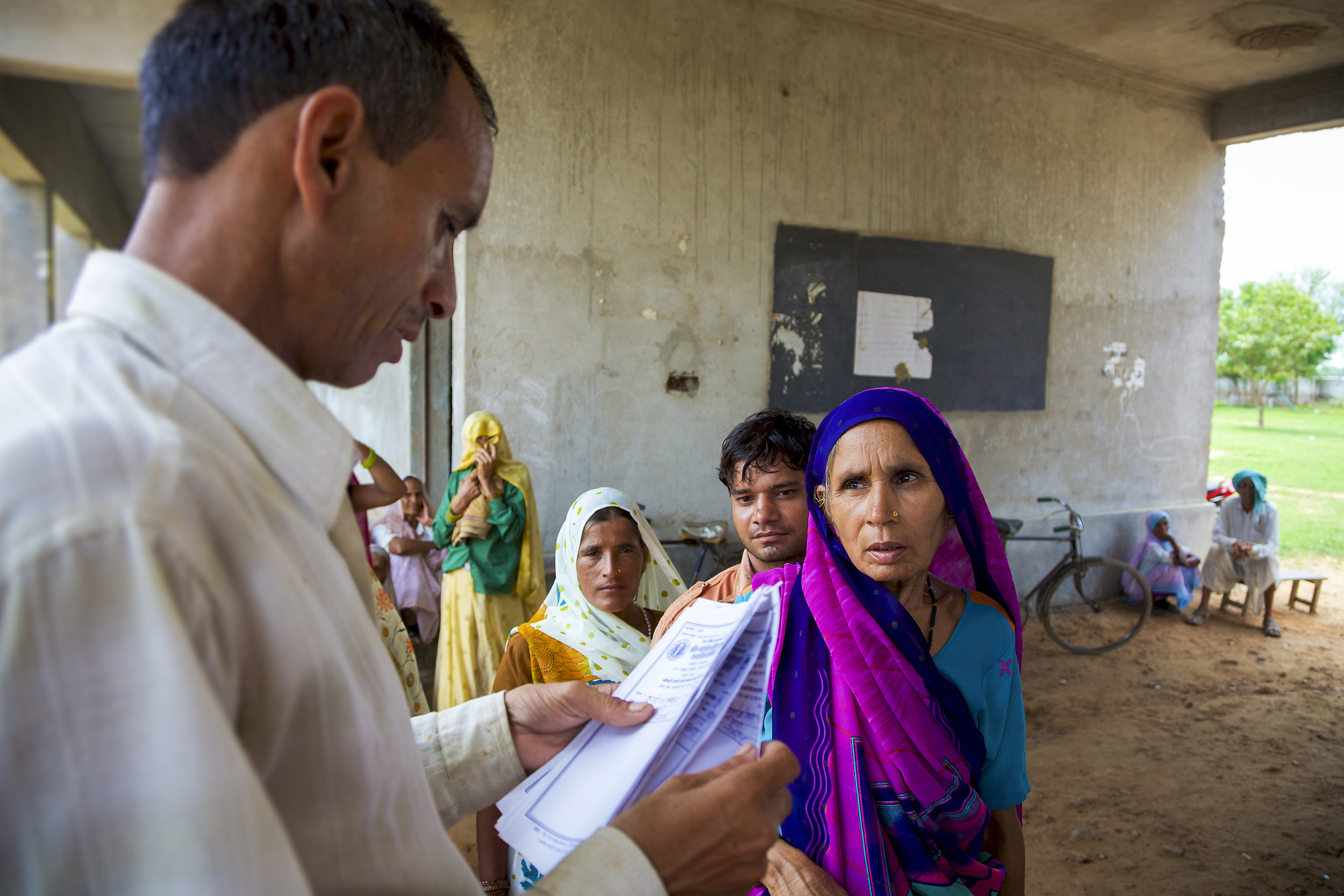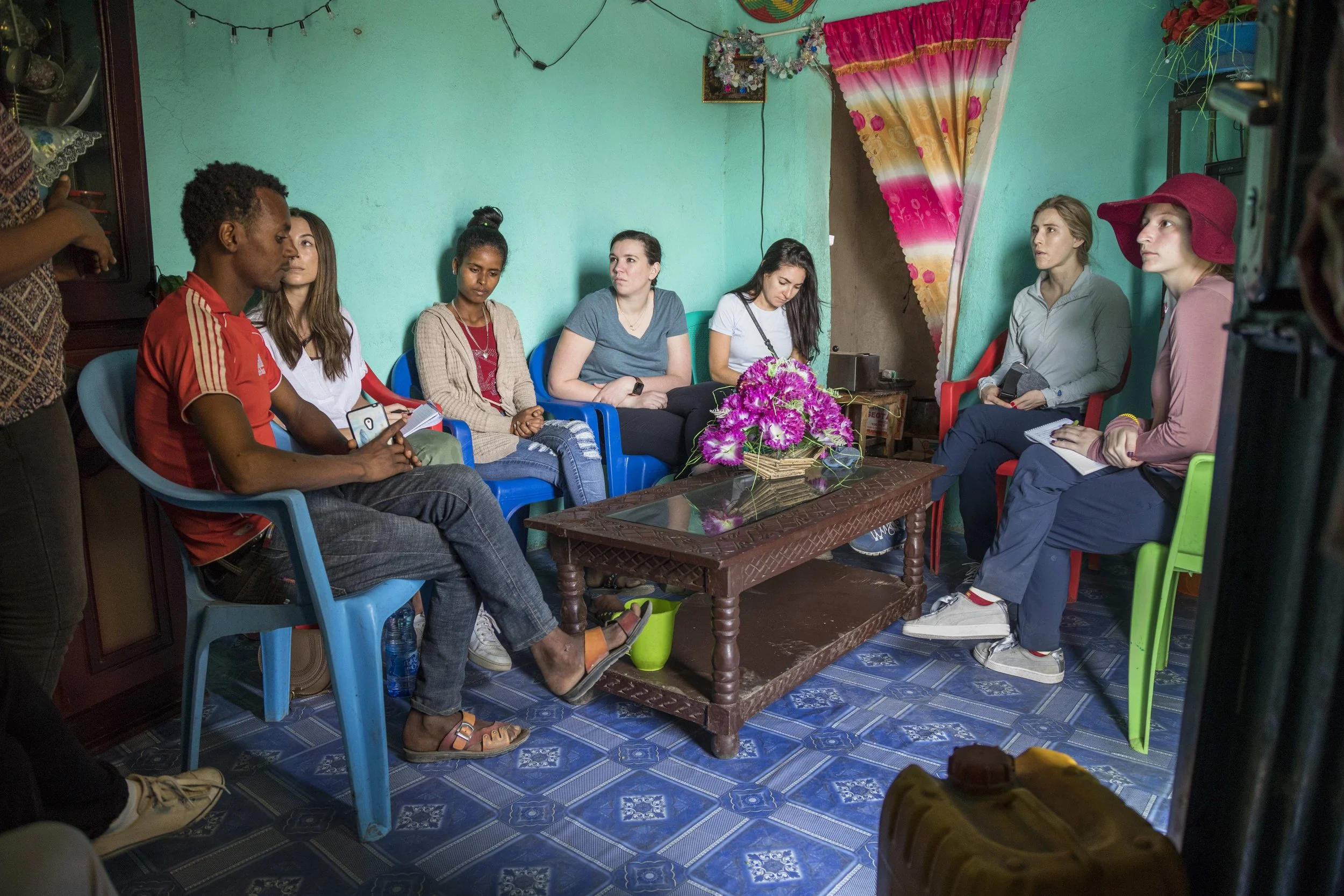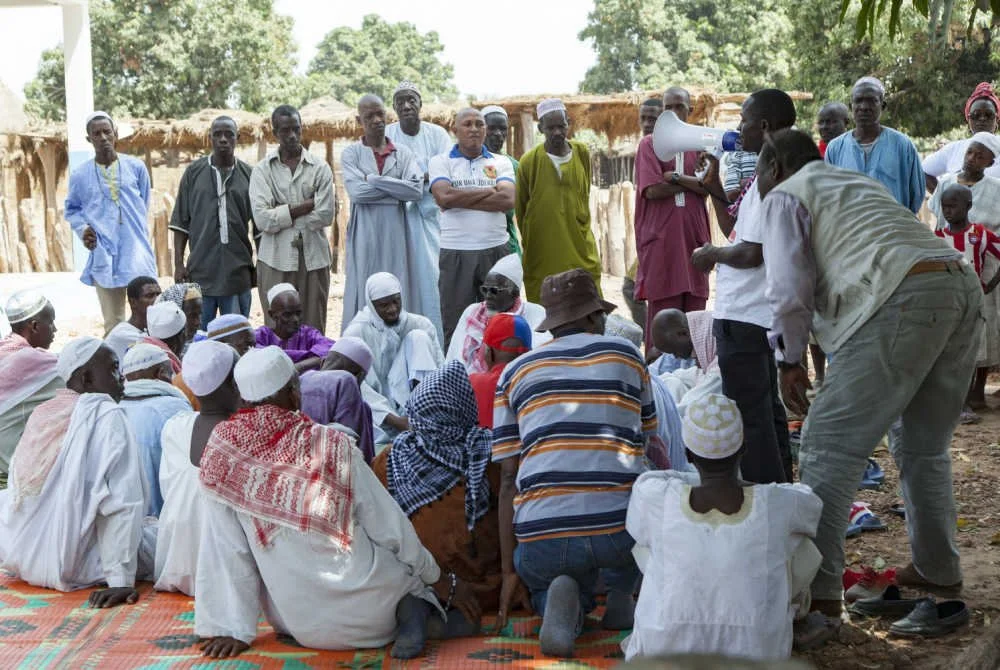"We Can't Sit Back." A $225 Million Effort to Save 100 Million Lives Over Five Years
/Indians waiting to see a doctor. photo: Michel Piccaya/shutterstock
Cardiovascular diseases (CVDs) such as heart disease and stroke are the No. 1 cause of death worldwide. In 2015 alone, nearly 18 million people died from CVDs, which account for 31 percent of all global deaths. Noncommunicable diseases (NCDs) like CVDs, cancer and diabetes represent about 70 percent of all deaths worldwide, with 80 percent of those deaths occurring in low- and middle-income countries (LIMCs).
Yet despite these staggering numbers, NCDs don’t receive nearly as much attention from global health funders as high-profile dread diseases like malaria, HIV/AIDS and tuberculosis. Michael Bloomberg attributes this oversight to what he says is a “casual acceptance of NCDs” that has led “society to tolerate them at tragically high levels.” Outcomes for NCD sufferers in LIMCs, it should be noted, are considerably worse than the outcomes of those living in wealthy countries; many people are dying needlessly from diseases that wealthy countries already know how to manage in ways that could countless lives.
The question now is whether more global health funders will turn their attention to spreading these strategies of prevention to poorer countries.
One big new funder showing interest in NCDs is the Chan Zuckerberg Initiative (CZI), the philanthropic vehicle created by Mark Zuckerberg and Priscilla Chan to use a Facebook fortune now worth $70 billion to achieve their goals of “Advancing human potential and promoting equal opportunity.” In 2016, CZI committed $3 billion over the next decade to prevent, cure, and manage all diseases by the end of this century. While that work is still evolving, and very much focused on biomedical research, it's now clear that CZI is looking to get involved in global health issues as part of its battle against disease—which makes a lot of sense, given the numbers mentioned earlier. What's more, when it comes using grant dollars to prevent death from disease, the lowest-hanging fruit for funders can be found in poorer countries. (Mark Zuckerberg and Priscilla Chan have given money before for global health, responding to the Ebola outbreak in 2014 with a $25 million donation to the Centers for Disease Control.)
Earlier this month, CZI joined Bloomberg Philanthropies and the Gates Foundation to collectively dedicate $225 million in funding over five years to a new global health initiative called Resolve. The aim? Save 100 million lives and prevent global epidemics. Tom Frieden, former director of the Centers for Disease Control and former commissioner of the New York City Health Department, is heading up the initiative, which is housed at the New York-based global health outfit Vital Strategies.
"The world's leading cause of death is largely preventable, and we can't sit back while people suffer needlessly," said Bloomberg. He's pretty well known for putting his money where his mouth is in this regard. He's made a point of avoiding high-profile global health causes and instead focused huge resources on reducing deaths from tobacco and traffic accidents. A data-driven funder, Bloomberg has long been keyed in to the devastating toll of NCDs in poorer countries, and lately has been calling more attention to these "over-looked killers."
Related: Hold the Malaria Nets: Bloomberg’s Contrarian Vision for Global Health Funding
Earlier this year, Bloomberg Philanthropies committed $5 million to launch the Partnerships for Healthy Cities. Described as a “prestigious global network of cities committed to saving lives by preventing noncommunicable diseases (NCDs) and injuries,” the foundation is working alongside the World Health Organization and Vital Strategies to implement the Partnerships for Healthy Cities programs.
The Gates Foundation has not made NCDs a major funding priority in the past. But its work is always evolving and it has previously partnered with Bloomberg Philanthropies. In 2008, the two funders launched the Initiative to Reduce Tobacco Use, focused on LIMCs. Gates and Bloomberg linked up again in 2015 with a combined $4 million investment in the Anti-Tobacco Trade Litigation Fund to help LIMC governments defend international trade suits filed by tobacco companies.
That CZI is joining the global fight against NCDs is good news. The $3 billion it's committed so far to work on disease is likely just a down payment on a much larger investment in this area, and its agenda remains quite fluid. While we haven't expected CZI to emerge as a hands-on global health funder working around the world, who knows what the future may hold for this young organization? CZI certainly has the resources—and increasingly, the capacity—to work across a wide range of issues and arenas. Just last week, Mark Zuckerberg announced he was selling Facebook shares worth up to $13 billion in the next 18 months to fund CZI's activities.
Related: Windfall: As Mark Zuckerberg Sells His Facebook Stock, Get Ready for Bigger Philanthropy
Still, even with this new move by Gates, Bloomberg and CZI, global NCD funding is lagging. And it seems unlikely that most established grantmakers in the global health field, like the Children’s Investment Fund Foundation, will alter their disease strategies to focus on NCDs. After all, there's a lot of unmet needs the funders could focus on. Quite apart from the continuing toll inflicted by malaria and HIV/AIDS, more funders have lately been worried about the 1 billion people around the world who suffer from neglected tropical diseases including river blindness, Chagas and lymphatic filariasis. Pulling up stakes here would be devastating.
What's really needed to ramp up philanthropy's battle against NCDs are more new funders like CZI with deep pockets. Given how much wealth is floating around these days, and how many billionaires have now signed the Giving Pledge, we wouldn't be surprised to see reinforcements arriving in the near future. Hopefully, the creation of Resolve will bring new money to the table.
Related:







































